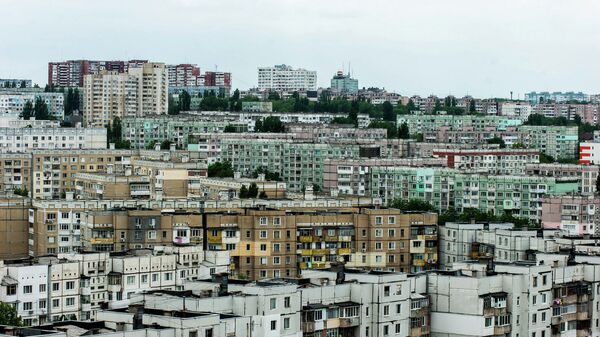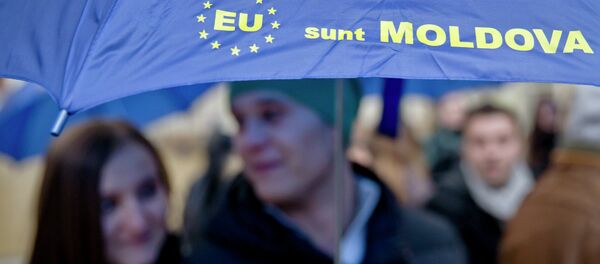Expert-Grup warns that the decline in the value of the Moldovan leu will result in the growth of inflation, which the group expects to hit 7 percent for the year.
Moldova is heavily dependent on its economic ties with Russia and Ukraine, and has been negatively impacted by the unrest and economic chaos in Ukraine, and the recession in Russia. The country relies heavily on money sent home by Moldovans working abroad; remittances account for nearly a quarter of its GDP; nearly 60 percent come from Russia. Russia's recession, combined with stricter regulations on migrant labor which stepped into force in January are expected to hit the country hard.
The country is also heavily dependent on the export of its agricultural products to Russia, and was hit hard last summer when Russian sanitary inspectors banned the import of Moldovan fruits over systemic sanitary violations. Last month, Russian authorities green-lit the import of Moldovan apples, whose price and quality are set to hit at Russian producers.
Moldova held parliamentary elections in November, 2014, won by the pro-European integration bloc, which has since appointed businessman Chiril Gaburici as Prime Minister. Moldova signed a European Union Association Agreement in June, 2014 in the aim of further economic and political integration with the bloc.




